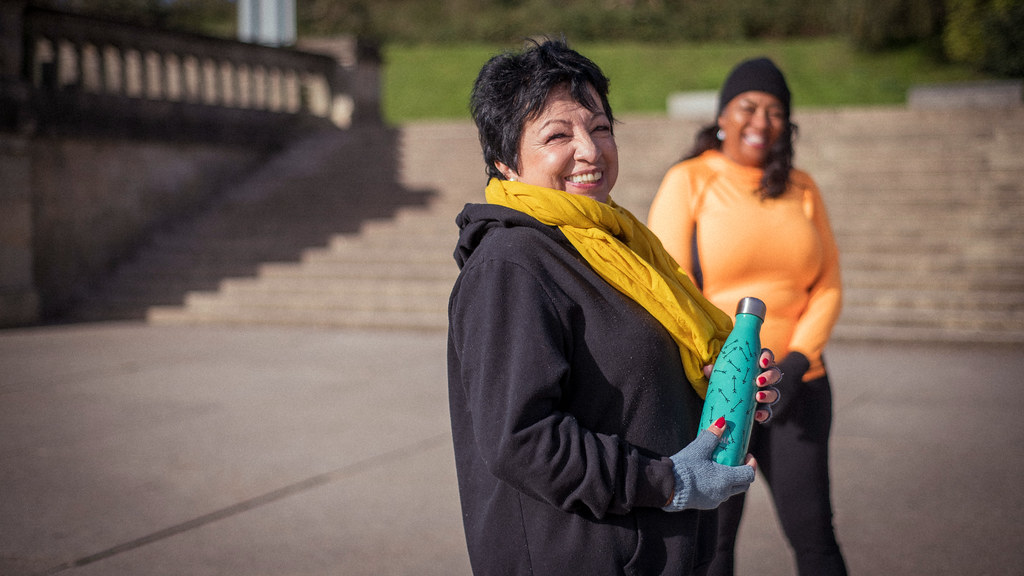Researchers at the University of Bath are inviting local people aged 60 and over to come forward to help with a new project to challenge negative stereotypes about growing older.
They want to recruit members of the public to help to create short, entertaining video-clips that give a different perspective, spark conversations, and make people stop and rethink what we see as normal for older adults when it comes to keeping active.
The aim is to demonstrate to people working in the physical activity industry what is holding older users back, or putting them off, and convince them to be more age inclusive.
Common examples of everyday ageism include how older people feel when buying sportswear in shops where youth and beauty are visible all around – from the mannequins to the cut of the clothes, to the displays on walls.
Other examples range from finding fitness classes aimed at the right level (with the right music), to booking everything from parking tickets to swim sessions on digital apps, right through to cumbersome stiles and gates on walking and cycling paths that make them harder to use.
Lead researcher, Professor Fiona Gillison from Bath’s Department for Health explains how often these barriers are not deliberate but are rather the consequence of ‘unintentional thoughtlessness’ where the needs of older people haven’t been fully considered.
She says: “The older adults we have spoken to tell us they still want the same things as younger people when it comes to keeping active, such as doing things they enjoy, getting the right level challenge without being pushed too hard, and having a chance to meet up with others. But they feel it can be harder to find these things when they get older. Although sometimes pretty small changes are all that is needed to make a big difference, older adults feel they are sometimes written off without an attempt to really understand and meet these needs.”
Fiona and the team now want people aged 60 and older to help them with the new project aiming to showcase some of these examples and more through a series of short videos.
“We are looking for people with ideas of what we should be showing in our film clips, people with imagination of how we can show what the problem is – and who are willing to have a go at making a film themselves. We think it could work really well to bring younger and older people together to create the clips, as this could help to show how the same places, kit and facilities can feel really different according to different ages and stages.
“Our focus will always be on improving things for older adults, but it’s a great opportunity for getting people of all ages involved and surprise themselves in what they learn. We hope the project will also be fun – we are looking for creative ideas that make us laugh, make us cry, and everything in between,” she adds.
The team hope these videos can be used to help us all rethink ageing, what it means to grow old, and identify negative stereotypes that need to be challenged. No prior video experience is required, the team will provide support and participants will be reimbursed for their time.

